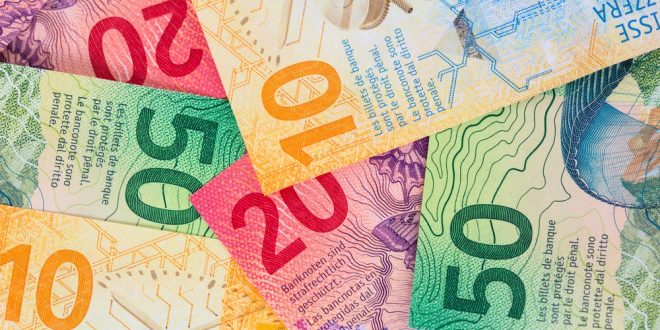On Thursday, the Swiss National Bank (SNB) announced a 25 basis point cut to its interest rates, marking its third reduction this year. This adjustment brings the policy rate down to 1.00%, the lowest level since early 2023. The decision aligns with similar moves by the European Central Bank and the U.S. Federal Reserve to lower borrowing costs.
Market Expectations
The cut was widely anticipated, with 30 out of 32 analysts in a Reuters poll forecasting the reduction. Prior to the announcement, markets had priced in a 55% probability of a 25 basis point cut, indicating a strong expectation for easing monetary policy.
The decision to lower rates was facilitated by a significant reduction in inflation within Switzerland, which slowed to 1.1% in August. The inflation rate has remained comfortably within the SNB’s target range of 0-2% for the past 15 months, suggesting that the central bank has room to maneuver in its monetary policy.
Impact on the Swiss Franc and Exporters
In recent weeks, the Swiss franc has appreciated considerably, reaching its highest level against the euro in nine years earlier in August. This appreciation poses challenges for Swiss exporters, as a stronger franc can make Swiss goods more expensive for foreign buyers, potentially impacting trade competitiveness.
The rate cut represents a pivotal moment for the SNB, particularly as it coincides with the conclusion of SNB Chairman Thomas Jordan’s 12-year tenure. As the central bank navigates the complexities of inflation and currency strength, market participants will be closely monitoring further developments in monetary policy and its implications for the Swiss economy.
 Noor Trends News, Technical Analysis, Educational Tools and Recommendations
Noor Trends News, Technical Analysis, Educational Tools and Recommendations





